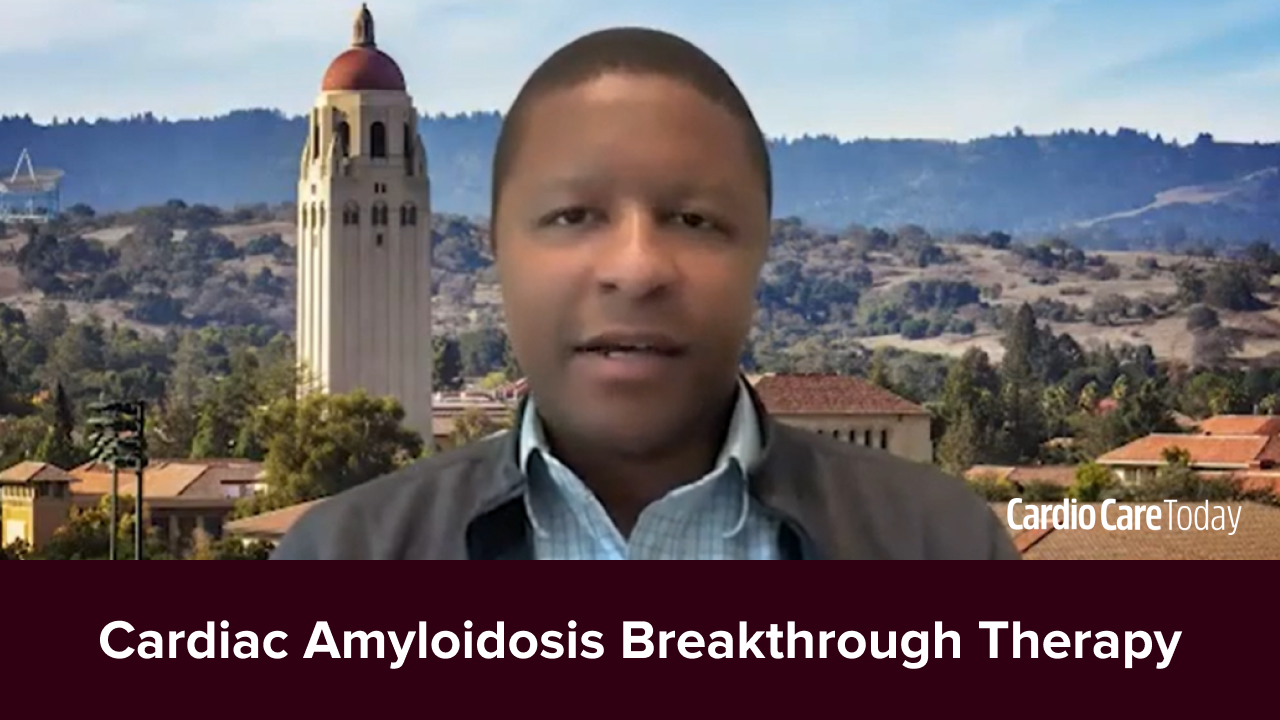
A randomized controlled trial of an electronic health record (EHR) alert reporting individual heart failure (HF) patients’ one-year mortality risk did not result in significant differences in clinical outcomes or clinician decision-making. Dr. Tariq Ahmad, Associate Professor of Medicine at Yale University, and the primary investigator of the trial, presented the results of the Risk Evaluation and its Impact on Clinical Decision Making and Outcomes in Heart Failure (REVEAL-HF) Trial during the American Heart Association Scientific Sessions 2021 Late Breaking Science Session on improvement of care delivery through digital health and automated data.
HF risk prediction tools are plentiful, but rarely used clinically, as they are not easily built into clinician workflow. Their effects on clinical decision-making and outcomes have never been evaluated in a randomized process. Practitioners caring for hospitalized HF patients at four Yale University-affiliated hospitals were randomized to receive, or not receive, a visual EHR alert highlighting a patient’s one-year risk of mortality. The primary outcome was a composite of all-cause mortality and re-hospitalization.
#AHA21 Reveal-HF RCT by @yaleHFdoc
‼️EHR alert displaying 1y☠️risk
🖥️>3000 HF patients
🚫No changes in outcomes
🚫Consistent across subgroups@jeanlucvachiery @coconnormd @DukeHFDoc @HFA_President @HeartBobH @SABOURETCardio @AnastasiaSMihai pic.twitter.com/FUajMBpkt4— Andreas Gevaert (@AndreasGevaert) November 14, 2021
A total of 3,124 patients were randomized, mean age 77 years-old, 51% women, 20% Black, average ejection fraction (EF) 55%, and 28-29% with EF <40%. There were no significant differences in the primary outcome, or secondary outcomes of one-year mortality, 30-day readmission, or inpatient mortality. There were no differences in discharge use of guideline-directed medical therapy, across the four central medications, and there was no difference in referral to Palliative Care, even in the High- and Very High- risk groups.
In moderating the session, Dr. Harriette Van Spall, Associate Professor of Medicine at McMaster University, hypothesized on reasons for the null result, including a large proportion of Low-risk patients, for which the alert may not change management, a high proportion of HF with preserved EF, which has limited treatment options, EHR alert fatigue, and potential lack of treatment affect derived from the risk score.
REVeAL-HF led by @yaleHFdoc
Mortality estimate EHR alerts:
1️⃣ Did NOT lead to sig reductions in rehospitalizations or mortality in patients hospitalized for HF
2️⃣ Did NOT influence use of medical therapies/devices/pall care@mpsotka @DrNasrien @hvanspall @DrMarthaGulati pic.twitter.com/vr1vP72pi9— AHA Science (@AHAScience) November 14, 2021
Dr. Ahmad notes “we have seen over and over again in heart failure that measures alone, without guidance, do not change outcomes. ESCAPE showed this for pulmonary artery catheters, GUIDE-IT for NT-proBNP, and now REVEAL-HF for risk scores.” The results highlight a “need to be more prescriptive in heart failure where guidelines are divorced from true risk assessment.”
Revealing patients’ annualized HF risk did not lead to a change in outcomes. Continued research into appropriate and effective implementation of the EHR in HF care is needed, such as the upcoming PROMPT-HF trial led by Dr. Ahmad and colleagues in which the EHR is leveraged to optimize medical management of HF.1
Dr. Mark Belkin is a correspondent with the CardioNerds, a DocWire News content partner. Read more of their contributions by visiting their DocWire News archive page. Follow him on Twitter @MarkBelkinMD.
References
- Ghazi L, Desai NR, Simonov M et al. Rationale and Design of a Cluster-Randomized Pragmatic Trial Aimed at Improving Use of Guideline Directed Medical Therapy in Outpatients with Heart Failure: PRagmatic Trial Of Messaging to Providers about Treatment of Heart Failure (PROMPT-HF). Am Heart J. 2021;doi:doi.org/10.1016/j.ahj.2021.11.010.







 © 2025 Mashup Media, LLC, a Formedics Property. All Rights Reserved.
© 2025 Mashup Media, LLC, a Formedics Property. All Rights Reserved.